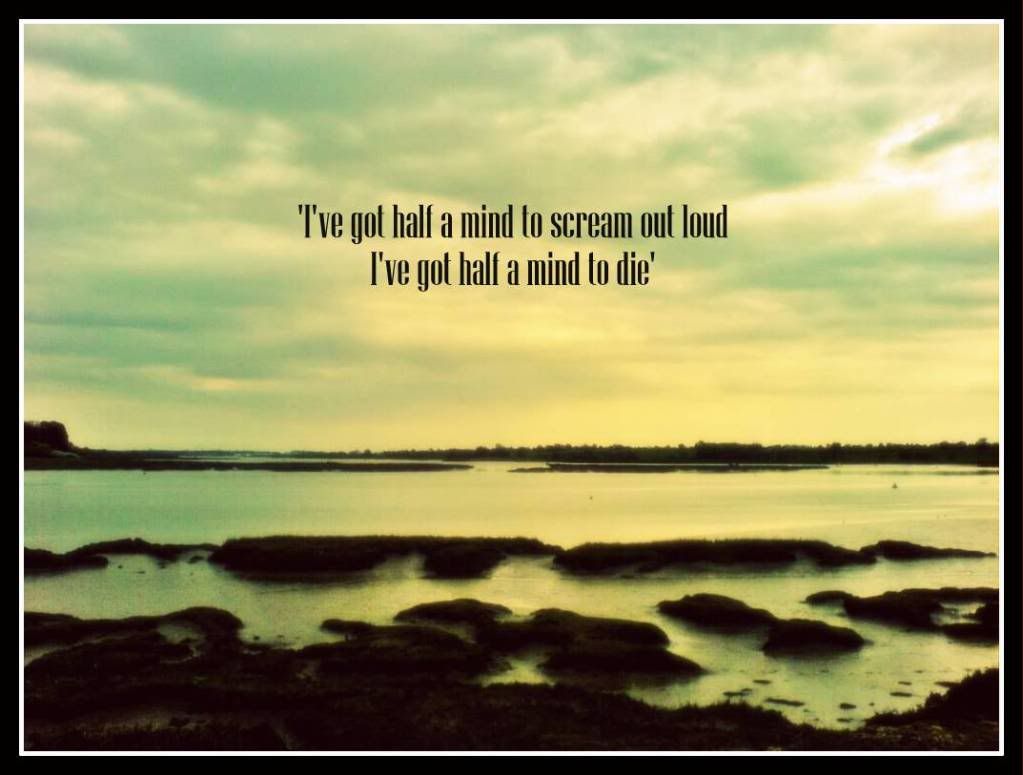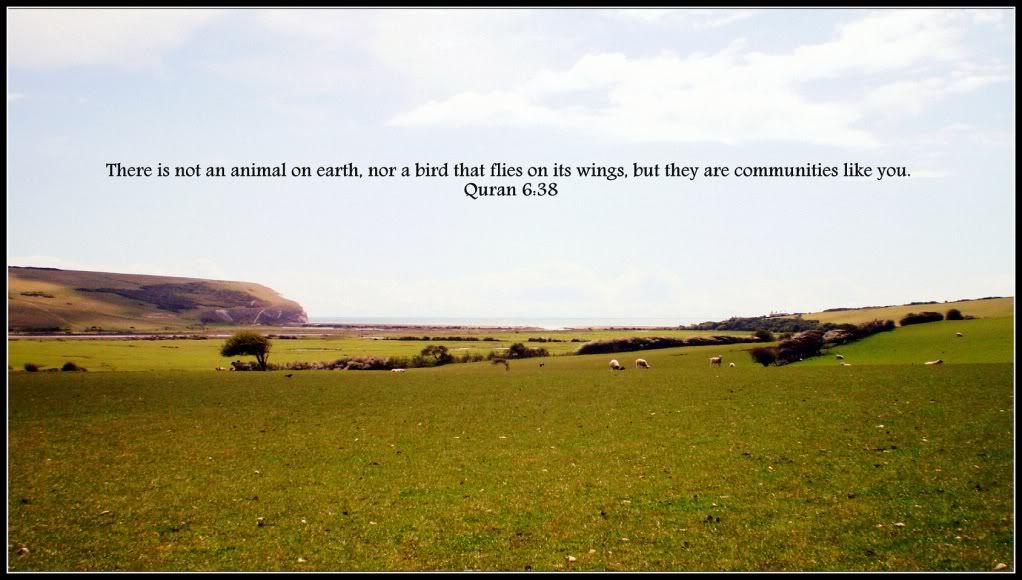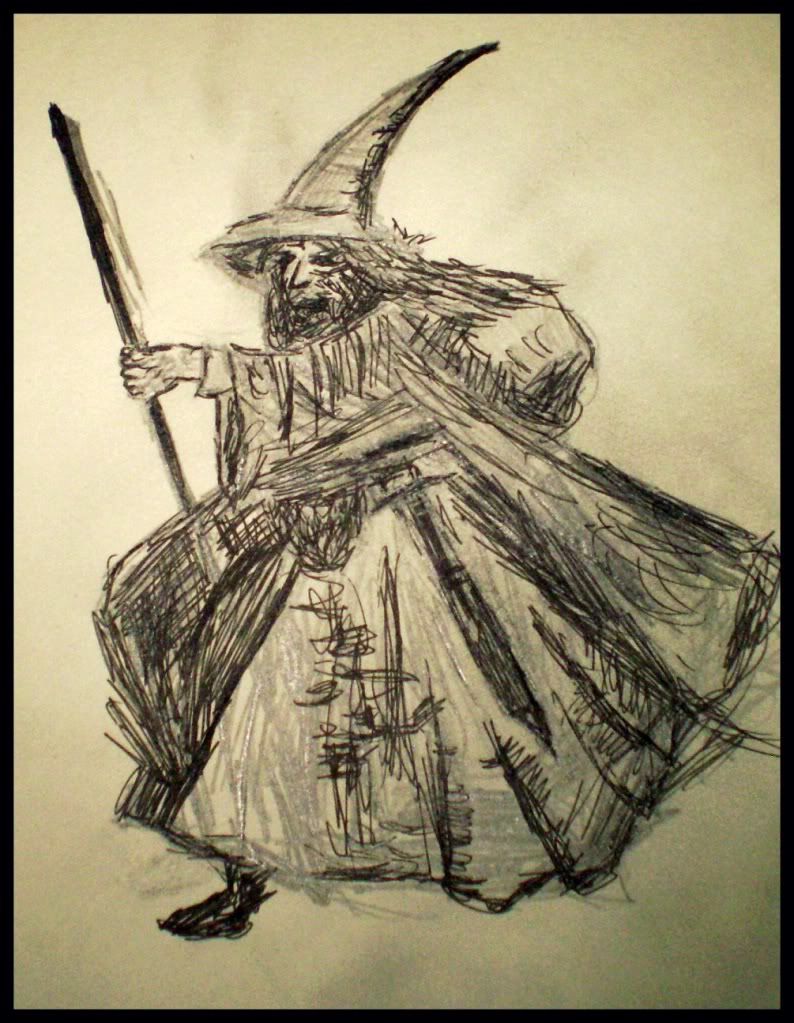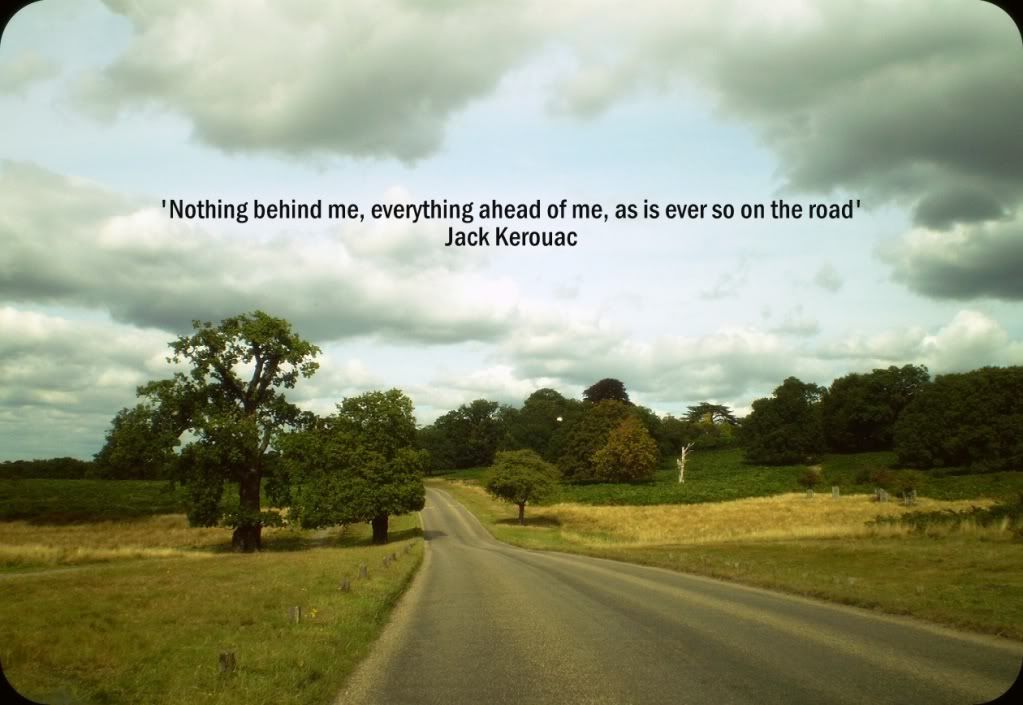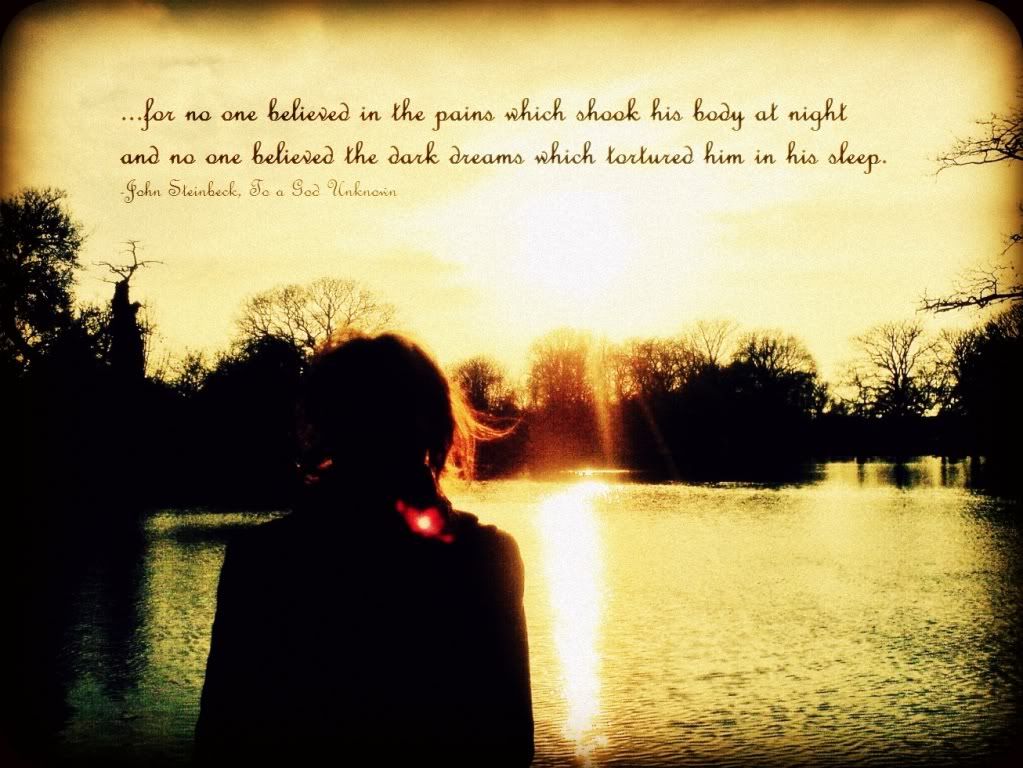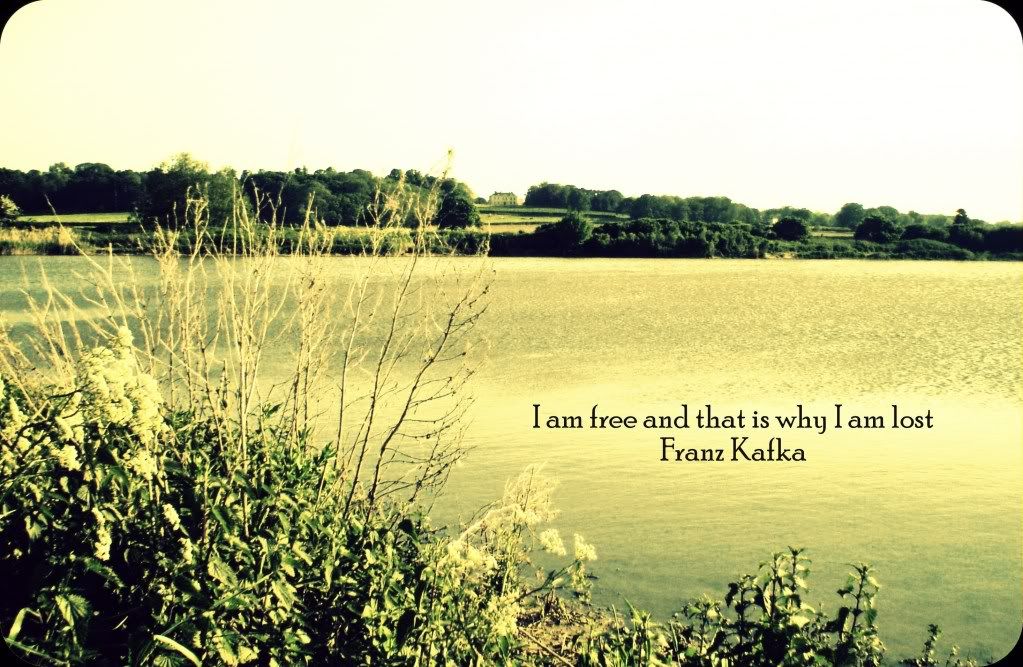
Through photography, film and writing I try to capture the ethereal qualities of everyday community life in Britain.
Sunday 30 September 2012
Saturday 29 September 2012
Extradition Documentary
I've been following the story of Barbar Ahmed and Talha Ahsan for a while now, and have even met Barbar's dad on a few occasions. For those of you who don't know, Talha Ahsan is a British-born poet and writer with Asperger syndrome facing extradition to America. Babar Ahmad is a 38 year old British Muslim and the longest detained-without-charge British detainee held as part of the global ‘war on terror’. In December 2003 Babar was arrested at his London home under anti-terror legislation. By the time he reached the police station Babar had sustained at least 73 forensically recorded injuries. Six days later he was released without charge. In August 2004 Babar was re-arrested in London and taken to prison pursuant to an extradition request from the US under the controversial, no-evidence-required, Extradition Act 2003. The US has alleged that in the 1990s Babar was a supporter of “terrorism”. Babar denies any involvement in terrorism. He has now been in prison for more than seven years even though he has not been charged in the UK, despite 141,000 British citizens signing a petition to put him on trial in the UK.
For more info: http://www.freebabarahmad.com/ http://freetalha.org/
For more info: http://www.freebabarahmad.com/ http://freetalha.org/
Friday 28 September 2012
Tuesday 25 September 2012
Monday 24 September 2012
....it's only a passing thing, this shadow.
“It's like in the Great Stories, the ones that really mattered. Full of darkness and danger they were, and sometimes you didn't want to know the end, because how could the end be happy? How could the world go back to the way it was when so much bad had happened?
But in the end, it's only a passing thing, this shadow. Even darkness must pass. A new day will come, and when the sun shines, it will shine out the clearer. Those are the stories that stayed with you, that meant something even if you were too young to understand why. But I think I know now. Folk in those stories had lots of chances of turning back, only they didn't. They kept going because they were holding on to something-that there's some good in the world, and it's worth fighting for!”
― J.R.R. Tolkien, The Lord of the Rings
Sunday 23 September 2012
The Whispering Chattri
So I think this might be my last South Downs story for a while....
The
Whispering Chattri
Sunil
struck a match and with it, he lit the incense stick that rested in
the small glass vase in front of him. A warm sweet aroma swiftly began to diffuse into
the thick cool air around him. The scented particles intertwined with
the floating particles of music. As he sat on the stone steps of the
Chattri, he watched the tiny columns of white smoke swirl upwards
into the night sky from the glowing amber tip, he absorbed the faint
melodic notes of an old Hindi folk song that resonated around him.
The dark navy blue sky was adorned in crystal stars, the contours of
the white dome gleamed brilliantly in the moonlight and a wind, a
whispering wind, blew softly across the hills. He felt a warmth wash
over him then, a calmness. He was home now. He was home.
Sunil
repeated this ritual every once in a while when he was feeling
particularly homesick. He would walk up the grassy hills from Patcham
and settle on the steps of the Chattri where he would chant a prayer,
play the same Hindi folk song on his old Nokia, light an incense
stick and bask in the warmth. He was back where he belonged. He was
back in his small rural village in faraway India.
Sunil
stretched his legs out and lay down flat on the step. His head
descended onto the icy stone and he gazed up at the dark sky, a
weariness travelled through his body and settled within his heart. He
hadn't slept much during the night, in fact he couldn't remember the
last time he had. Sunil still couldn't get used to sleeping on a bed,
he wasn't accustomed to it. His whole life he had slept on a charpai,
a bedstead of hemp stretched on a wooden frame held up by its four
legs. He couldn't get used to the sinking feeling he would get when
he lay on the bed. He would lie awake for hours waiting for sleep to
descend upon him, with only his restless thoughts for company. He
would find himself wondering how he had arrived there, in that
strange town in a foreign land. He would wonder what everyone was
doing back home in his village- he could imagine his mum gathering
the crops from the fields and his father and brother ploughing the
land. He could picture them coming together at nightfall to share
roti, salan and stories. Sometimes while he was lost in his thoughts,
he would hear the laughter of his flatmates rise up from the lower
levels, it offered him a lonely sort of comfort. A distant longing.
As
a cool wind blew through him and a single starling flit across the
sky, Sunil brought to mind all the images that had made up the day, all the moments. He had woken up at
sunrise and walked by the seafront before going in to university to
sit his lecture. Afterwards he spent a few hours in the library
studying, then at dusk he started his evening shift at Bombay Spice
where he worked as a waiter. His mum had called him just as he was
about to leave. She didn't call him very often, maybe once a month
and he always got that same inexplicable feeling when she did, when
he heard her soft voice on the other end of the line. She asked him
how he was doing and he dutifully responded that he was doing fine,
better than fine, he was doing well. She told him she was cooking
daal that evening, his favourite and he would cheerfully reminisce
about her cooking and then she regaled him with the goings on in the
village. He cherished the brief conversations he shared with her.
They made him feel more connected to reality- to his reality and to
a way of life that made sense to him.
Sunil
felt his eyes well up as he remembered her final words. 'Beta,
mujhe tumhari yaad bahut ati hai,' she had said with a deep maternal
warmth. Son, I miss you very much. Sunil replied with a gruff, I miss
you too mah, before putting the phone down quickly. He felt his
sadness rise to the surface and knew his voice was on the verge of
breaking. She would know. If he continued talking to her, she would
know. She would hear it in his voice- the pain, the loss, the longing
to be home again. The words were always on his lips, always. He could
never say them. He could never voice the words- Mah, can I come back?
Mah, main akela hoon. I am alone. He couldn't burden her with his
heavy thoughts and abiding grief. He wouldn't, not after everything
she had done for him- everything she had given him and given up for
him. No, he would endure it. He would go on. He had to. Sunil slowly
closed his eyes and pretended that he was back at home again, lying
on his charpai outside under the Indian sky.
Sunil
had found out about the Chattri three months ago. Early one morning
he was walking by the seafront in Brighton when he came by an old
Indian man, a guru named Sri Nagavanshi. He saw Sunil, he saw the
troubled look that marred his face and so he called him over in Hindi
and asked him questions, a whole series of questions. He asked him
about his life and his family and his studies and what had brought
him here- to that bright and colourful seaside town and Sunil told
him, he told him everything.
He
couldn't remember how long they had been there, time seemed to
dissipate as they got lost in conversation, otherworldly conversation
about the cosmos and the sun and the fields and the constellations. They shared stories and memories of India too- of the smell of gol
gappas and sweet jalebis, the colours of the rainbow- reds and
yellows and oranges and golds and the cacophony of sounds and the
people. They talked a lot about the people- the rickshaw drivers and
the shop keepers, the crooks and the beggars and the beautiful women.
Sunil couldn't have been more grateful to be there, to have someone
to talk to, to connect with. He couldn't have been more grateful to
have someone to speak his language with. It was a great gift to be
able to communicate in his mother-tongue. A gift he never appreciated
till he arrived in England. Soon, as morning gave way to noon and before
they parted ways, the wise old guru promised Sunil he would take him
to the Chattri, a memorial dedicated to the Indian soldiers who
fought and died in the First World War. They would say a prayer
together. Sunil agreed, he would surely go. He missed his lecture
that morning, it was the first and only lecture he had missed since
beginning his degree programme at Brighton University.
A
few days later, just before sunrise Sunil met Sri Nagavanshi at the
foot of the hill in Patcham and they walked up together in silence.
He couldn't describe the feeling he got when he set eyes upon the
white dome in the middle of the open hills, in the soft light of
dawn. He climbed up the steps behind the old guru and watched as he
lit an incense stick and placed it in a small glass vase on the
ground. They both performed the ritual chants and then sat down to
watch the sunrise. Sunil remembered that morning well, he remembered
everything Sri Nagavanshi had told him about the Chattri- the secrets
it held, the whispers of his countrymen, the spirits that reigned the
hills. He regaled Sunil with the history of the monument and the
story of the fifty-three soldiers who were cremated on the hills
nearly a hundred years ago. He told Sunil how it happened- how the
mourners would gather together at the bottom and the bodies would be
carried, they would chant as they crossed the downs. He told him
about the rituals. Sunil was familiar with them, but so far removed
they were from the land surrounding him, that he couldn't quite seem
to picture it- the sprinkling of water on the concrete, the building
up of the wood blocks for burning, the exposing of the face, honey
and ghee passing though the deceased Indian's lips. Despite being so far from home, from their families and their relatives, they were
cremated in the same way as their ancestors. It was a beautiful and
comforting thing to know and as Sunil listened to the old man, he
felt his connection to the Chattri grow.
Ever
since that morning, the morning Sri Nagavanshi had taken him to the
memorial, Sunil had felt a great affinity to the stone white Chattri
and the fields that surrounded them. He felt an even greater
affinity towards the Indian soldiers who were cremated there, the soldiers who had died in a land so far from home. He often went to
the Chattri when he was feeling homesick. He would usually hike up at
night, when the fields were still and absent and the holy moonlight
would bathe the dome.
Sunil
was still and calm under the sky. He cherished the moments he spent
there resting. It was the only place he could rest. It was the only
place he had discovered, since his arrival eighteen months ago, that
he felt protected and safe. As he rested his body, he found his mind
wonder, as it so often did. He thought about the soldiers that were
cremated at the spot where he lay. He listened to them whispering in
the wind, he felt their presence in the air and in the surrounding
soil and he offered them a prayer. He spoke to them, as he often did. He asked
them questions, a myriad of them. Why did you come here? Why did you
leave India? Did you ever feel as lonely or displaced as I do now?
Did you miss your family as much I miss mine? Did you miss your
mothers' aloo paratha's? Did you miss your father's life lessons? Did
you miss your country fellows? The warmth and familiarity of life at
home?
Sunil
did. More than anything else in the world, he missed the warmth and
familiarity of his life at home, in his village. He missed the laughter he
shared with his friends and family and neighbours, he missed
mealtimes with the crowds. He missed sharing out food. He missed his
mum's cooking. He missed the slow pace of life, the long
mid-afternoon conversations, the connection he felt with his
surroundings, with the land and the present. He missed cycling three
miles to his school, early morning through the narrow lanes on the
edge of the green green fields, he missed the yellow hues in the sky in the early morning. He missed greeting the cows and the horses as
he went. He missed the birds. He missed the birdsong. It was
different in England, the birds looked different and they spoke a
different language- a language Sunil didn't understand. In fact
everything was different, the grass and the sky and the buildings and
the roads. It was a different world. A world he didn't feel part of
it, a world he didn't feel he belonged to.
City
life moved too fast for him- he couldn't keep up. When he jotted down
orders at the restaurant or took out library books using a machine or
when he walked down the high-street and streams of people flitted
past him in a blur- he couldn't keep up with city life. He couldn't
catch his breath and align himself with it- with this new reality.
This lonely new reality, in which everything moved so fast and life was emptier than it should be, for him at least. He wasn't used to being alone. He wasn't used
washing his own clothes and cooking his own food and sitting quietly
in an empty room. He couldn't adjust to it.
He
missed the simplicity of life back home. A simplicity that he
resented growing up, a simplicity that stifled him. He missed wearing
his plain dhoti- he missed feeling the light woven cotton against his
skin. He missed his sandals too. Sunil suddenly opened his eyes and
lifted his head to look across at the black loafers he was wearing.
They didn't look or feel like they were his feet. They didn't belong
to him. He felt like a different person in his work uniform, in his
white starched shirt and black trousers. These weren't his clothes.
This wasn't him. He lay his head back down and as he closed his eyes,
he wondered if the soldiers felt comfortable wearing their uniforms.
In the black and white pictures on the board they appeared stoic and
it was hard to tell. Did you like wearing those clothes? Did you like
speaking their language? Is it just me? Am I different?
A
fierce wind danced around him, he heard the whispers, they comforted
him, they told him he wasn't alone. For that moment he felt as though
he was part of a fellowship, a unique fellowship of outsiders. He
opened his eyes and looked up at the stars. He heard them more
clearly then, the whispers of every soldier who was cremated on the
hill. He listened to them, he felt their spirits glide across the
hills, across the night sky and he felt like he was home- amongst his
ancestors, amongst his people, amongst his family and his friends. He
could feel them. They were close to him, they were present....
Sunil
watched as the bright lights of a plane slowly moved across the dark
sky. Back home, he would lie on the charpai for nights on end just
counting the numbers of aircrafts passing over the village, over the endless fields and small mud houses. He remembered looking up at the
planes flying by and thinking to himself, one day I'll get out of
here. I'll be on one of those planes. I will discover a new world, a
different world, a world in which I can be whoever I want to be. It
was in his fate, he knew it, he would one day leave. He would get
away from his family who were always there and that village in which
nothing ever really happened. He would go west.
All
his life, he dreamed of going to Britain to study. His dreams were
the cause of his hard work, his steely focus, his determination. He would dream about what life would be on the outside, he
dreamed of pretty girls running through fields of sunflowers like
they did in the films. He dreamed of the friends he would make and
the fun they would have, the knowledge he would gain, the places he
would discover. It was everything he had worked towards since he was
a child, this. This was it- his big dream, his great escape. Only he
never imagined it would be so lonely- so different. He never imagined it would be so difficult.
He
was nineteen years old, all the friends he had made in England, well
if they could be called friends, for his idea of friendship seemed to
be very different to theirs, were set. And it wasn't that he hated
it, being there, he had learnt so much, he had met so many good
people, but they weren't his people. He felt out of place most of the
time. When he first arrived, he hoped that he would get used to it,
but he didn't- the food, the culture, the way of life- it was all so
alien to him still. He was lonely. That's what it came down to
mostly. He didn't have anyone to talk to, about the things that
mattered to him, about India. Right then, he thought back to one of
his earliest exchanges...
'But
in India, we eat together, always. It is custom,' he had said to his
friend.
'For
God's sake Sunil, you're not in India any more!' he had errupted. Sunil felt most alone amongst his Indian friends,
they had embraced this new life, they loved it and he felt jealous
that they did. But they were different, they were from wealthy
families, they came from the cities, of course for them it wasn't so
very different. For them home wasn't so far away, it wasn't a rare
and brief and long-awaited conversation.
As
the incense burned away and the fragrant smoke had subsided, Sunil
remembered what Sri Nagavanshi had said, that before the bodies were
burned, pictures were taken of the face of the deceased and they
would be sent to relatives in faraway India.
Sunil's
family had always supported him. They had shown him a love that only poor people knew or felt. It was a deep and comforting love. Perhaps they had
shown him too much of it, because the outside world felt cold to him
and he felt lost and isolated. Sunil thought of them often. They
always did the best by him, made sure he could study at whatever
cost. They didn't send him to work on the field like they did his
older brother. He was different. He was special. He didn't fail them,
Sunil was awarded a full scholarship in England as a result of years
of hard work.
Sunil set his gaze upon the stars once more. He was afraid of
disappointing people, he was afraid of disappointing his parents. He
was afraid of disappointing himself. His course would end in another
eighteen months and then he would have to go back to India, he would
have to find a job with a top company in the city. He would have to
carve out a life for himself, not a life he had chosen, but one that
others wanted for him. Sunil wanted to live off the land, he wanted
to stay in his village- he knew his village. Life made sense there.
He felt the wind blow again, embracing him softly- reminding him that
he wasn't alone. Was it as hard for you as it was me? Were you
afraid, of going back? Of what the future might hold for you when you
did? As the questions drifted through his mind, Sunil felt himself
grow drowsy and soon, in between thoughts and with the wind and the
spirits still blowing through him, still comforting his body and soul, fell
asleep there on the steps of the Chattri...
Thursday 20 September 2012
Wednesday 19 September 2012
Teardrops in a Dew Pond
Teardrops
in a Dew Pond
Edna Teakle stared back at her reflection in the dew pond. She could barely recognise herself, her brown hair had become limp, her tired eyes had grown listless and her face was etched in deep dark lines. As time slipped on, Edna grew tired of the person looking back at her. She didn't want to face herself, she couldn't bear to and so she threw a stone in the water and watched as the waves coiled outwards until finally all movement stilled. This is it, she thought to herself, soon I will fade away like the ripples in this pond. A strange feeling washed over Edna as she once again set her gaze upon the returning reflection of herself in the water- it was a weighty sadness, a glad melancholia. Right then she felt an overwhelming sense of warm familiarity together with a feeling of marked detachment from everyone in the world.
She was going to die. She knew it from the moment she woke up that morning- her head pounding, her heart racing and her thoughts muddled. She couldn't describe it, the ominous fear and anxiety that took hold of her- the sad certainty that had settled within- time was surely slipping way. The consultant had called the previous day requesting that she come in to see him as soon as she could, she had a feeling then something was wrong. But that morning she knew it, she knew she was going to die.
She thought back to earlier that day. She had found herself at the hospital, sat in front of a handsome smartly dressed consultant. He had a slightly mournful, sympathetic look about him. Time stood still as she waited for him to speak, knowing what he would say- knowing that it wouldn't be good....
Edna had been coming up to the dew pond from her home in Seaford since she was a child. Growing up she loved climbing the trees that surrounded it, she loved watching the birds and putting her feet in the water and collecting funny looking insects and she loved watching the clouds change in the sky. And as she grew older she loved the solitude it offered, the quiet. She found herself wandering up there when she had a bad day at work, or when she was feeling contemplative or when she'd had a particularly heated argument with her husband or when she just wanted some peace. She couldn't quite explain it, why she felt so connected to the pool of water. She couldn't explain the way she felt it had become part her. Since as long as she could remember, she had always believed in its healing powers- she had always come away feeling renewed. She loved the timelessness of it, the fact that it was always there and that it never seemed to change. She loved staring at the reflections, sometimes for hours on end. She saw herself change a bit each time she returned. It was a mirror to her, a looking glass into a different world, a secret world, a world in which anything was possible. It revealed to her what her life was and what it could have been had she gone down a different path.
It was also her refuge from modern life- it offered her a different sort of security- a safe place away from the buildings and the cars and the noise and the people, away from the stresses of society. The pond itself couldn't have been situated in a more perfect location- in view of the sea and hidden behind a few trees just beyond Chyngton Farm where the sheep grazed in the open hills. It had always offered her a sense of comfort that no one or nothing else could. She knew it would be there, even when she departed from the world. The waters will never dry. I will die, but these waters will never dry, she thought to herself. Right then, she saw the doctors reflection appear in front of her on the waters' surface, she could hear the words on his lips- they rung out in her mind...
'The MRI scan showed an abnormality, a mass' he said as he pointed to an obscure shape on a dark laminated sheet on the desk in front of him.
'What does that mean?' she demanded, her heart racing.
'Well, it means you have a tumour'
'A tumour? A brain tumour? Oh my God, you mean, I'm going to die?'
The doctor shifted in his seat uncomfortably.
'Right now it's too soon to know the outcome Mrs Teakle. There are a number of treatments we could try...' he looked up at her to see the panic on her face. 'Look, I think you should come back tomorrow. I know this is a lot to take in, perhaps it would be better to talk to you once you've calmed down a bit and I think it would be best if you brought someone along, a loved one...' he offered sympathetically. Edna had stopped listening, colours and shapes had blurred and his words too, his voice. Abruptly, she got up and walked out of the surgery. She needed some air. As soon as she got outside, her thoughts began to race and she found herself almost involuntarily walking towards the direction of the hills- as if they were calling out to her; the sea, the chalk -her dew pond.
She had been there for hours, the sky was beginning to darken and the air was steadily growing colder. Edna was sat with her arms wrapped around her legs, her raincoat flapped in the wind and her eyes were transfixed on the water a few feet ahead. She didn't want to go back, she wasn't ready for the questions she was sure to be bombarded with. She wasn't ready for the tears, for the strength she would have to show. She knew she would have to be the one comforting her family. She would have to be the one to say 'everything is going to be just fine'. She would put the kettle on and make them all a cup of tea and pretend that things weren't so bad...
Edna placed her hands under her head and lay down on the cold damp grass. She could feel her hair soak up the tiny particles of water and was momentarily comforted by the fusion, as she looked up at the darkening sky, she felt a warmth run through her. If no one else could see or understand, the sky certainly did, it bore witness to what she was going through. It was ironic, out there under the sky she didn't have to hide, she could shed a thousand tears without feeling ashamed or guilty or weak. She knew she wouldn't be allowed to expose that vulnerability back at home, she wouldn't be allowed to let up how afraid she really was.
Edna was terrified- not just for herself, but for her family. How would they cope? She was worried about her husband mostly. He was so reliant on her, she thought as she brought her hand up into the air and traced the edges of her icy gold ring. Edna was worried about her two daughters too, neither of whom were particularly settled or happy. She wondered how she would tell them all, how they would take it. Edna slowly got up from the ground and started to circle the marshy edges of the pond, her boots sunk in as she went and the long grass gathering around her ankles, keeping her grounded, keeping her connected to the earth. As she floated around the pool, her eyes were suddenly drawn to a single wilting flower by the waters edge. She bent down to inspect it closely, it's limp white petals drooped downwards and dark lines framed their centres. Edna gently trailed her index finger across the soft surface of the flower, you are dying the same way I am dying, she thought to herself. She felt jealous of the flower at that moment, for it would die a quiet death, still and alone. It wouldn't have to endure the torrent of emotions that would take hold of her and her family- regret, anger, fear, loss, sympathy, absence and of course guilt. Edna tore herself away from the fading bud and contined floating, she knew she was bound to feel guilty for the hurt she would cause, time was slipping away and she was fated to let them all down for being human, being only human.
She felt the fear arise within her and anger too, she sat back down again by the water and suddenly let out a sharp scream of desperation- the sound reverberated across landscape. The wind blew in a fierce defiance, ripples circled and spread on and on and the the waves crashed violently against the shore. A few birds flew from a nearby trees and across the sky and a sheep off in the distance turned to look at her, eyes wide and sorrowful as if willing her to remain strong. Edna felt angry at the world for what she knew was coming, for letting her life end the way it would. She felt angry at the pain she knew she would have to endure. She felt angry that she had been a cursed with slow death, a gradual decaying of the mind and body.
She wondered then, where her life had gone. She felt she had wasted it. She hadn't achieved much. She'd lived a simple life, an ordinary life- a life too ordinary. She thought of all the places she still wanted to visit, the sights she wanted to see, the places she planned on going to when she left work- now it was all gone, her dreams vanquished. She felt cheated by life. This was it for her. It was all a waiting game now. She had no control.
The sky had almost completely faded into darkness, the stars shone and the moon looked brighter than she'd ever seen it. She couldn't make out the sheep clearly anymore, they looked like dark otherworldly beings and the crystal waters of the dew pond, usually so clear and inviting, now looked sinister and dark- like an abyss, a black hole- she was afraid to fall into it. There in the dark, in the open- she felt things she'd never felt before in her whole entire life- a mosaic of all sorts of emotions- a sad peace, a sorrow and a great love of life and of the landscape held before her. Tears rolled down her face, they had been doing so since she arrived, on and off. One thought would trigger them- one sad thought- the prospect of being absent at her daughters' wedding, the fact would never have the chance to share the secrets of the dew pond with her favourite grandchild, she wouldn't have the chance to watch them play and enjoy and learn from the land the way she had. The wind blew every now and again causing the leaves on the trees to rustle or a bird would cry out and her thoughts would dissipate and she felt herself return to the present.
She had only ever left Seaford once before, when she was twenty-four. She had saved enough money from her admin job at a local school and she went to Thailand for a month. She volunteered there, at an orphanage. It had been amazing. She thought about all those smiling faces and how happy she was during her time there- how alive she felt, how big the world seemed; how beautiful. She got sick in her last week, so sick that she ended up in hospital. The doctors didn't know what was wrong. She made it through in the end, by some miracle. Though after that she never really went away again, she was afraid and then life happened- she did all those normal things that women do. She got married and had kids and gave up work to raise her kids and then went back to work when they were old enough. Time had passed and before she knew it, she was in her mid-fourties lamenting all the opportunities she missed out on- all those chances she never took.
Right then, looking into the dark pool of water, Edna felt her whole life pass her by, she felt her whole life travel through her. At that moment she felt a strong connection with the earth and soil and nature and time and eternity and God and every person that had ever lived and died and everything she had witnessed, everything she had done and seen and every person she had met. She felt a connection with everything and everyone that had ever played a part in her creation and growth and being -everything that had brought her to that moment. It was an otherworldly experience, an epiphany that could never be described, it could only be felt. In that brief spell, images, a whole lifetime of images flit across her mind's eye- every pain, every joy, every failure and every success was exposed to her. The images appeared and disappeared across the sheets of water- her father embracing her at her mothers' funeral, her sister's tears on her wedding day, the birth of her daughter, the conversation she shared with the priest, the moment she lost her faith, the flock of starlings making shapes across the sky, her first day of school, her daughters first day at school. The tears streamed down her cheeks mercilessly as she watched her life unfurl, finally she wiped them away and let them drip down the tips of her finger and into the dew pond, the small ripples they made caused the images to merge in a way that rendered her part of the water and part of life itself. And she felt glad about it, she felt a sense of peace wash over her as the images on the water and reflections of her life faded away. Life would continue, she would fade away but life would go on, the dew pond would endure. For it was part of the circle of life, death was not an end but a new beginning.
Soon after the images had disappeared and the sky had bled black, she finally decided it was time to go back- it was time to face her fate. It will be okay, she thought to herself. At least she had this place to come back to when it all got too much. It was comforting to know that she could always escape to her dew pond and dream and reflect and merge into the background. She would be okay. Everything would be okay, she thought as she got up and started on the journey back to the town. As she walked down the final hill, she felt into her pocket and touched the little diary book she always carried around with her knowing that she had the precious little flower pressed safely between its pages. Everything would be just fine.
Tuesday 11 September 2012
Saturday 8 September 2012
All for the Best
Things mostly happen for the best.
However hard it seems to-day,
When some fond plan has gone astray
Or what you've wished for most is lost
An' you sit countin' up the cost
With eyes half-blind by tears o' grief
While doubt is chokin' out belief,
You'll find when all is understood
That what seemed bad was really good.
Life can't be counted in a day.
The present rain that will not stop
Next autumn means a bumper crop.
We wonder why some things must be-
Care's purpose we can seldom see-
An' yet long afterwards we turn
To view the past, an' then we learn
That what once filled our minds with doubt
Was good for us as it worked out.
I've never known an hour of care
But that I've later come to see
That it has brought some joy to me.
Even the sorrows I have borne
Leavin' me lonely an' forlorn
An' hurt an' bruised an' sick at heart,
In life's great plan have had a part.
An' though I could not understand
Why I should bow to Death's command,
As time went on I came to know
That it was really better so.
...most things, I hold, are wisely planned
If we could only understand.
-Edgar A Guest
Saturday 1 September 2012
Subscribe to:
Posts (Atom)

